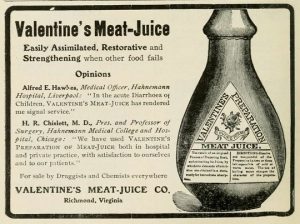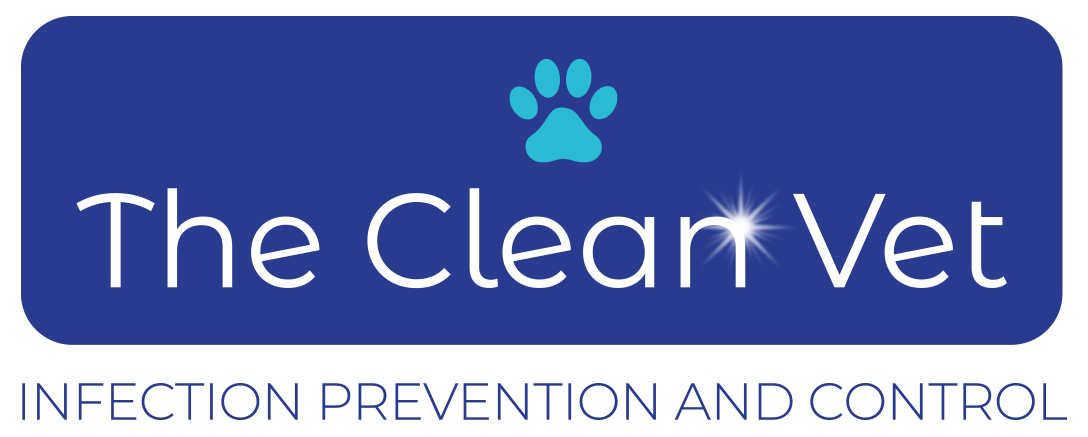
1909 Homeopathic product, American Institute of Homeopathy (Image The Public Domain Review)
This week, I have noticed several posts about disease transmission occurring through food.
To keep your cats (and other felids) (and your dogs) safe from Highly Pathogenic Avian Influenza (HPAI) , the US Food and Drug Administration (FDA) have recommended:
- No feeding of raw or uncooked animal products. This includes uncooked meat and unpasteursied milk or unpasteurised eggs.
- If you must feed your pets any meat, milk or egg products, they must be thoroughly cooked to inactivate the HPAI virus.
- Keep your cats inside! Reduce the chance of your cats hunting and consuming wild birds (ensure your dog does not get access to any dead birds or other animals)
- Seek veterinary care if your cat, dog, pet bird or backyard chicken (or any pet) develops a fever, lethargy, reduced interest in food, red or inflamed eyes, discharge from nose or mouth, difficulty breathing or other unusual signs
Personal cares
Before preparing and touching food, cover any broken skin on your hands with a waterproof dressing.
Wash your hands well with soap and water after handling your pets, any food products or pet bowls
Do now wash pet bowls in your dish washer or your kitchen sink – use a sink where food is not prepared and wash your hands thoroughly after
Immunocompromised people, including the elderly, should not handle any raw or unpasteurised food, pet bowls or allow pets to lick and kiss them
Do not touch sick or dead animals, their feathers, eggs or bodily fluids
Resources:
Australian Government. (21 Jan 2025) Bird flu
NSW Government. (n/d) Avian Influenza: Information for pet bird owners
